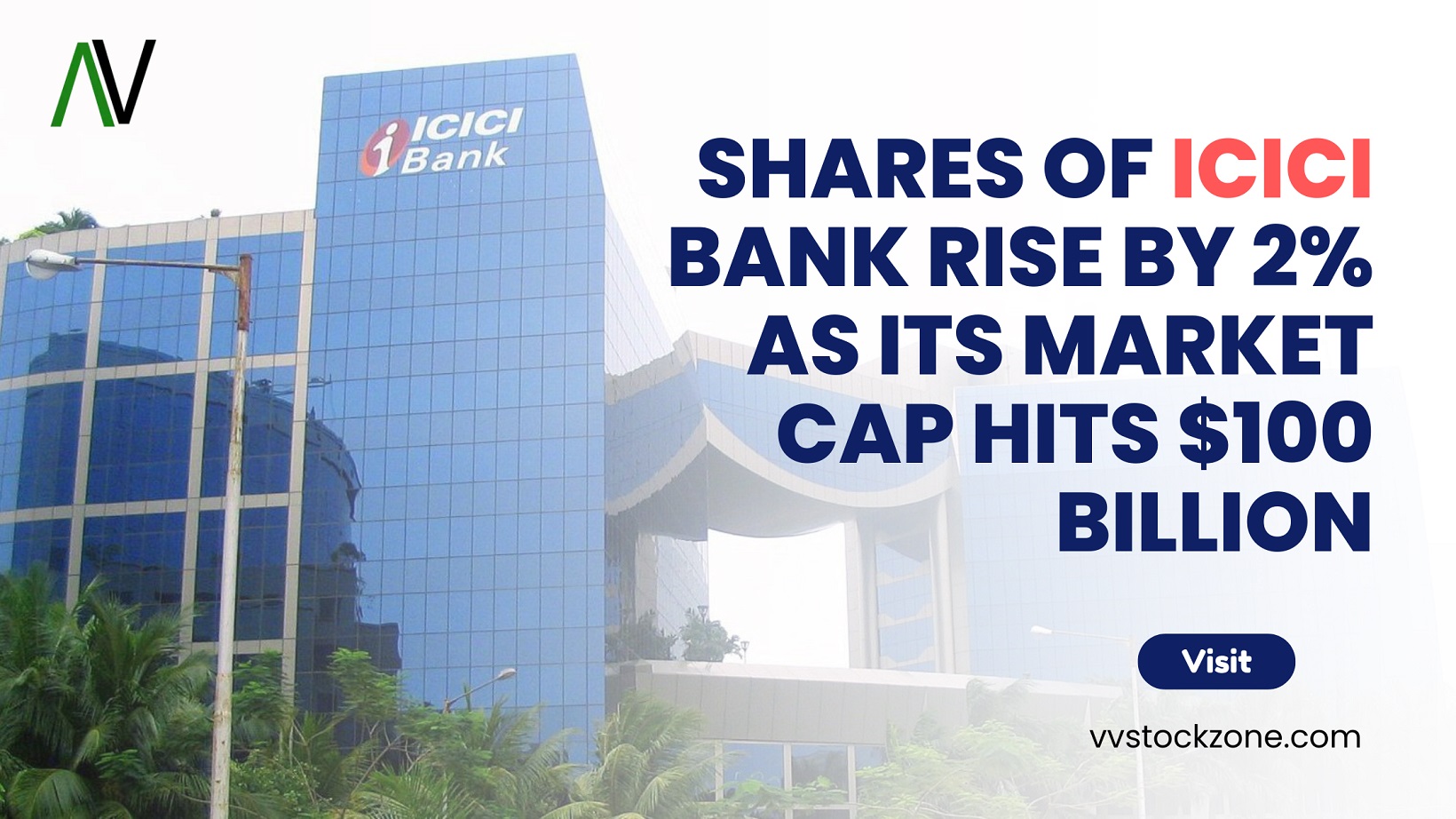Following the robust Q4 results announced on Saturday, Yes Bank experienced significant buying activity in early Monday trading. The share price opened higher at ₹27.50 per share on the NSE and quickly surged to an intraday peak of ₹28.55 per share shortly after the market opened, marking an impressive 8 percent intraday increase. The positive momentum reflects investor confidence in the bank’s performance, spurred by the strong quarterly figures. This surge underscores the market’s reaction to the favorable earnings report, with investors showing optimism about Yes Bank’s future prospects.
According to market analysts, Yes Bank has reported robust Q4 results for 2024, driving increased buying activity in the stock. Experts anticipate further upward movement in Yes Bank shares, advising shareholders to retain their holdings with a stop loss at ₹24 and await near-term targets of ₹30 and ₹32 per share. Yes Bank’s stock price surged during the day, reaching an intraday peak of ₹28.55, nearing its current 52-week high of ₹32.85 per share. Investors are buoyed by the bank’s strong quarterly performance, indicating confidence in its future prospects. This positive sentiment is likely to sustain momentum in Yes Bank’s share price, with potential for further gains as the market reacts to the favorable earnings report.
Yes Bank Q4 results
Amit Goel, Co-Founder and Chief Global Strategist at Pace 360, commented on Yes Bank’s Q4 2024 results, highlighting significant improvements. Yes Bank recorded a notable net profit of ₹451 crore in the January-March quarter of FY 2023-24, a remarkable 123% surge from ₹202 crore in the previous year. The bank demonstrated robust asset quality, with gross non-performing assets (NPA) decreasing to 1.7% from 2.2% in the corresponding quarter of the previous year. Similarly, net NPA saw an improvement to 0.6% from 0.80% year-on-year. A notable development in the quarter was Yes Bank’s commencement of operations as a PSP Payment Bank for both existing and new customers of Paytm, reflecting its expansion and diversification strategies. These results underscore Yes Bank’s efforts in enhancing profitability, asset quality, and venturing into new avenues, signaling positive momentum for the institution.
Yes Bank’s Q4 2024 results, analyzed by Shreyansh V Shah, Research Analyst at StoxBox, reflect a positive trajectory aligned with CEO Prashant Kumar’s leadership. The bank demonstrated robust performance, with a remarkable 123% year-on-year and 95% quarter-on-quarter growth in bottom-line figures, driven by increased other income and reduced provisions. Despite a challenging interest rate environment, Yes Bank exhibited strength in key operational metrics such as Net Interest Margins (NIMs) and Non-Performing Assets (NPAs), indicating successful resolution of legacy issues. Particularly noteworthy is the significant improvement in Return on Assets (RoA) and a substantial rise in non-interest income, suggesting that strategic initiatives undertaken by the bank in the past are bearing fruit. Overall, the results underscore the bank’s resilience and effectiveness in navigating challenges while laying a foundation for sustained growth in the future.
Yes Bank share price target
Sumeet Bagadia, Executive Director at Choice Broking, suggests that Yes Bank’s shares have consolidated around ₹24 per share, forming a robust support level. If this level is breached, the stock could weaken further. Conversely, resistance is encountered in the ₹30 to ₹32 range. Bagadia anticipates significant upward momentum if this resistance is surpassed. Therefore, investors should closely monitor these key levels.
Bagadia suggests that Yes Bank shareholders should consider holding the stock while implementing a stop loss strategy at ₹24 per share. Additionally, he advises potential investors to purchase Yes Bank shares at their current levels, also setting a stop loss at ₹24. He emphasizes viewing significant declines in the stock price as favorable buying opportunities, as long as the share price remains above ₹24. This strategy underscores a cautious approach, aiming to mitigate potential losses while capitalizing on market fluctuations. By setting a stop loss at ₹24, investors aim to limit their downside risk, thereby safeguarding their investment. Bagadia’s recommendation reflects a belief in the underlying value of Yes Bank shares but also acknowledges the volatility and uncertainties in the market. Adhering to this strategy may help investors navigate the fluctuations in Yes Bank’s stock price while potentially capitalizing on favorable buying opportunities.





